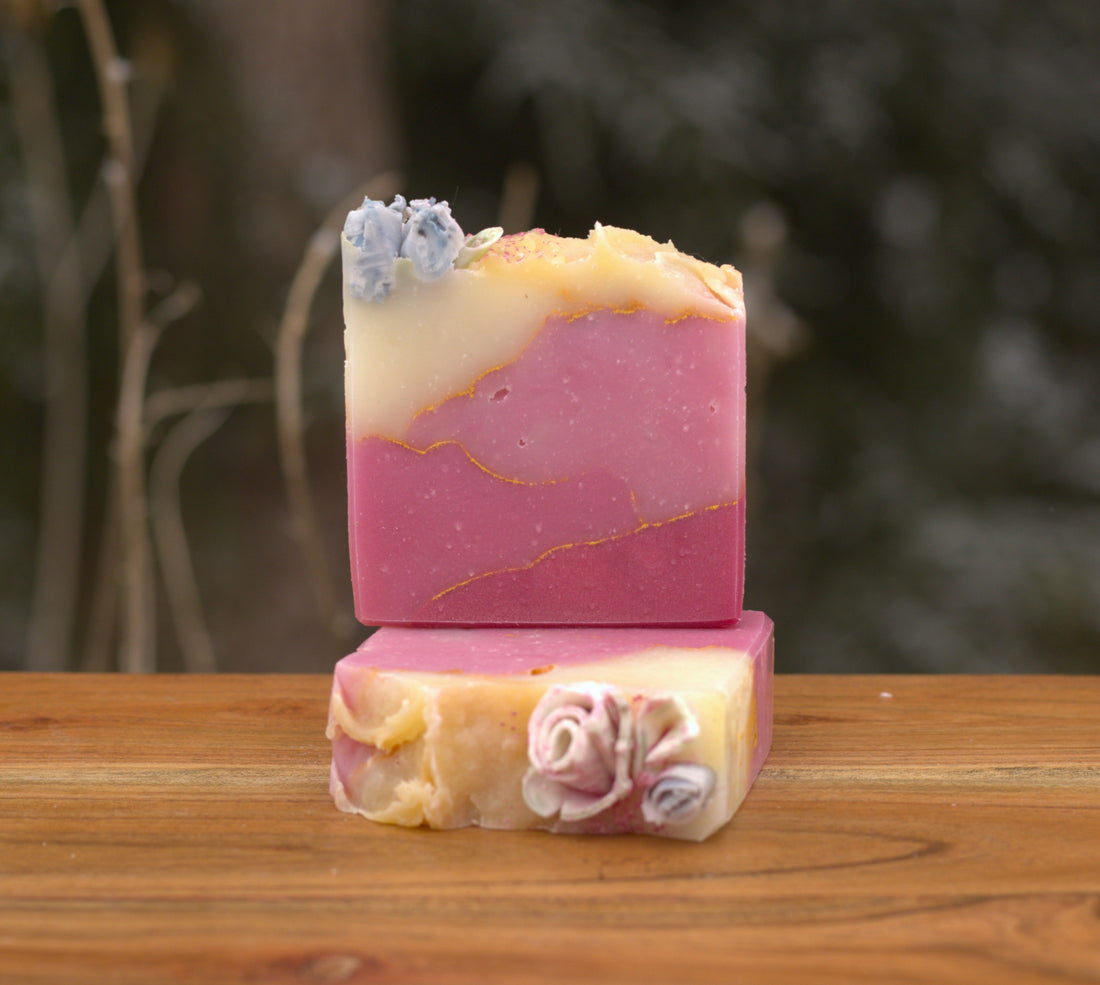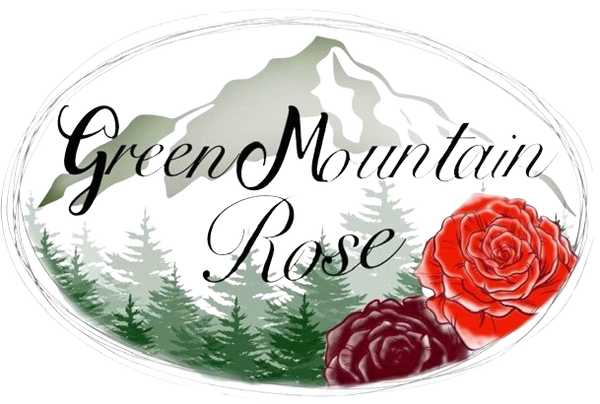
The Ultimate Guide to Vegan Soap: Benefits, Ingredients & DIY Recipes
RoniLynn ShroutShare
Homemade Vegan Soap vs. Non-Vegan Soap
Overview:
The soap industry has seen significant growth over the last few years, driven by increasing consumer awareness regarding ingredients, sustainability, and ethical concerns. This case study compares homemade vegan soap to traditional non-vegan soap, focusing on differences in ingredients, production processes, environmental impact, and consumer preferences.
The Vegan Soap Market:
Vegan soap refers to products that are made without animal-derived ingredients, such as tallow (beef fat), lanolin (from sheep’s wool), and milk. These soaps rely on plant-based oils, butters, and essential oils for cleansing and moisturizing properties.
Key Ingredients:
- Base Oils: Coconut oil, olive oil, almond oil, and shea butter are commonly used in vegan soaps. These ingredients are plant-derived and contain natural fatty acids that help moisturize the skin.
- Essential Oils: Vegan soaps are often scented using essential oils extracted from plants, like lavender, peppermint, and citrus.
- Other Ingredients: Vegan soaps may also include botanical extracts, such as chamomile or aloe vera, as well as natural colorants like spirulina or activated charcoal.
Production Process:
Homemade vegan soap typically involves a cold-process or hot-process method. In both methods, oils are combined with a lye solution (sodium hydroxide and water) to create a chemical reaction called saponification, which turns the oils into soap.
-
Cold-Process Method:
- This method retains the natural properties of oils and butters.
- The soap is poured into molds, and after several weeks of curing, it hardens and becomes ready for use.
- Cold-process soap is considered to be gentler on the skin because it retains more of the natural ingredients and lacks additional chemicals.
-
Hot-Process Method:
- A quicker method than cold-process, where heat is applied to accelerate the saponification process.
- The soap is generally ready within a few days, but may have a rougher texture.
The Non-Vegan Soap Market:
Traditional soap often contains animal-derived ingredients, such as tallow, lanolin, and goat’s milk. These ingredients are used to enhance the texture, lather, and moisturizing properties of the soap.
Key Ingredients:
- Tallow: This is rendered fat from beef or mutton and is a common ingredient in non-vegan soaps. It creates a rich lather and is considered moisturizing.
- Lanolin: Derived from sheep’s wool, lanolin is known for its skin-softening properties.
- Milk: Goat’s milk and cow’s milk are often included for their moisturizing and conditioning qualities.
Production Process:
Non-vegan soaps are produced similarly to vegan soaps in terms of saponification. However, animal fats like tallow are used instead of plant-based oils. Additionally, some non-vegan soaps include synthetic ingredients or preservatives to extend shelf life.
Comparison: Vegan Soap vs. Non-Vegan Soap
| Aspect | Homemade Vegan Soap | Non-Vegan Soap |
|---|---|---|
| Key Ingredients | Plant-based oils, butters, and essential oils | Animal fats (tallow), lanolin, goat’s milk, etc. |
| Environmental Impact | Lower carbon footprint, cruelty-free, biodegradable | Higher environmental cost due to animal farming |
| Skin Sensitivity | Gentle on the skin, free from harsh chemicals | May cause irritation for sensitive skin, especially from tallow or fragrances |
| Production Process | Handcrafted, cold-process or hot-process methods | Mass-produced, often with synthetic additives |
| Sustainability | Often made with organic and fair-trade ingredients | Sustainability varies depending on the brand |
| Animal Welfare | Completely cruelty-free, no animal exploitation | Involves animal-derived ingredients, often raises ethical concerns |
Key Benefits of Homemade Vegan Soap:
-
Ethical Production: Vegan soap is cruelty-free, meaning no animals are harmed during production. This appeals to consumers who prioritize animal welfare and ethical consumption.
-
Environmentally Friendly: Plant-based ingredients generally have a lower environmental footprint than animal-derived ones. Additionally, many vegan soap makers use sustainable packaging to further reduce their ecological impact.
-
Skin Health Benefits: Vegan soaps are often free from harsh chemicals and preservatives, making them gentler on sensitive skin. Natural ingredients like aloe vera and chamomile offer additional soothing and healing properties.
-
Customization: Homemade vegan soaps can be customized to meet specific skin care needs, whether that’s moisturizing, exfoliating, or anti-aging. Small batch production also allows for a greater level of attention to quality and detail.
-
Allergen-Free: Many vegan soaps are free from common allergens found in animal-based products, such as lanolin, making them suitable for people with allergies to animal products.
Key Benefits of Non-Vegan Soap:
-
Rich Lather and Moisture: Tallow-based soaps tend to create a creamy, rich lather and are highly moisturizing, making them effective at keeping skin soft. This is a reason why many traditional soaps continue to be popular.
-
Historical Tradition: Animal fats have been used in soap-making for centuries. For some consumers, using tallow-based soap may feel like a connection to older traditions and methods of crafting soap.
-
Availability: Non-vegan soaps are widely available and often more affordable, as they are mass-produced and utilize cheaper raw materials like tallow.
Ethical Considerations:
For ethical consumers, the main issue with non-vegan soaps lies in the use of animal-derived ingredients. The production of tallow and other animal fats involves factory farming, which contributes to environmental degradation and raises concerns about animal welfare. Additionally, the use of lanolin and milk in soaps may contribute to exploitation in the dairy industry.
Vegan soap, on the other hand, offers a cruelty-free and environmentally conscious alternative. As more consumers adopt plant-based lifestyles, demand for vegan personal care products continues to rise, pushing many soap companies to either offer vegan options or switch to fully plant-based formulations.
Consumer Trends:
In recent years, there has been a noticeable shift toward plant-based, sustainable, and ethical personal care products. This trend aligns with growing concerns about climate change, animal rights, and health-conscious lifestyles. As such, homemade vegan soaps have become a niche market with a loyal consumer base that values natural ingredients and ethical production practices.
However, non-vegan soap still holds a significant share of the market, particularly among consumers who prioritize effectiveness, tradition, and cost.
Conclusion:
The choice between homemade vegan soap and non-vegan soap depends largely on personal values, skin sensitivity, and environmental concerns. Homemade vegan soap is preferred by those who seek a more ethical, eco-friendly, and gentle alternative to traditional soaps. On the other hand, non-vegan soaps continue to appeal to consumers who prioritize lather, moisture, and traditional soap-making methods.
As the demand for cruelty-free and sustainable products increases, it’s likely that the vegan soap market will continue to grow, with more consumers opting for plant-based options that align with their ethical and environmental beliefs.
For businesses in the soap industry, the growing trend towards vegan and eco-friendly products presents an opportunity to cater to a more conscious and conscientious consumer base, while continuing to provide effective and high-quality cleansing solutions.






